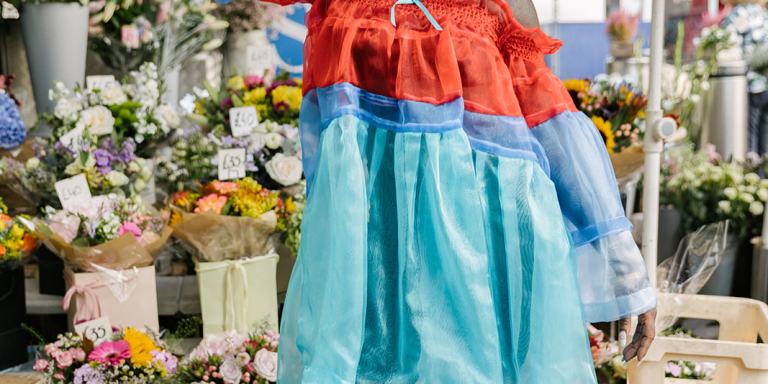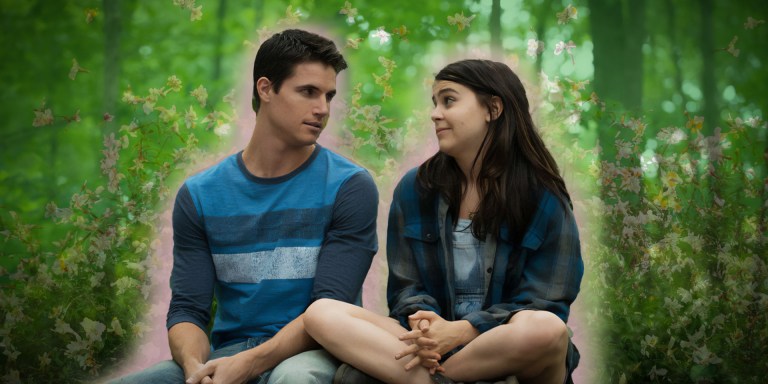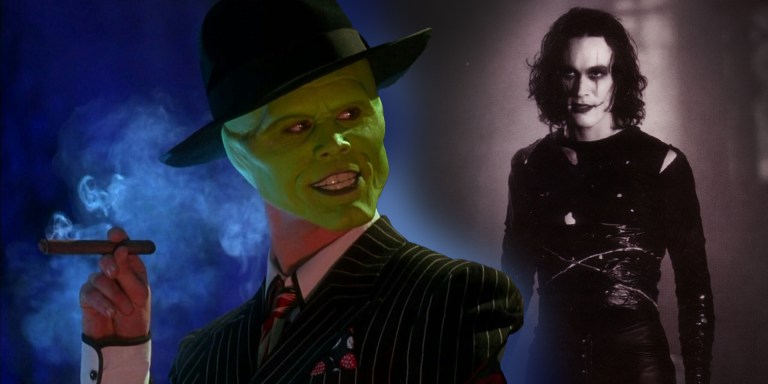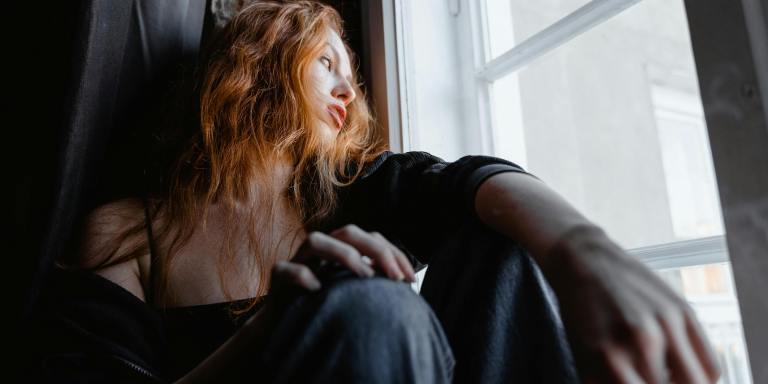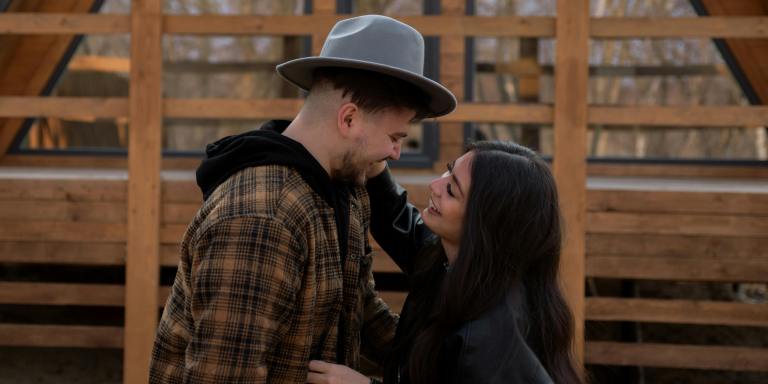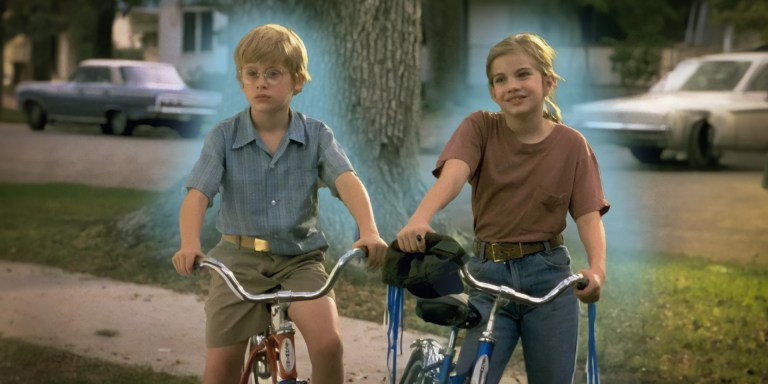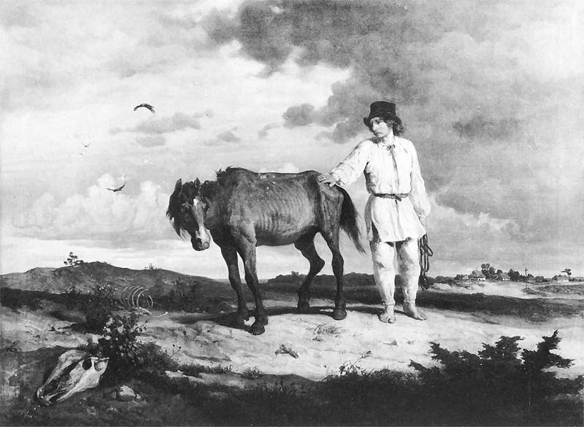
On Saturday 29th March 2003, I decided to die. I was 19 years old.
I was living in the town I was born in, a violent, Mad Max, post-industrial wasteland. Coventry had its guts blown out during the war, and was then economically coventrated during the Thatcher years, as factory after factory was shipped overseas. All that was left, by the time I left school, was low-level service jobs and temporary work through parasitic agencies; sling pallets around in a warehouse for six weeks, then get laid off and rot away on meagre unemployment — if you could get it, which I never did — for six months. Empty factories with shattered windows collapsed around us, and we shuffled from one desperate situation to another with the grim wordlessness of the damned. We’d roam the streets in packs with nothing better to do, occasionally being stopped and searched by aggressive police who somehow failed to be anywhere in sight for the semi-regular beatings and stabbings going on in the city. Violence was a given. We shuffled on.
The thought of suicide is a great consolation. If we had to go on forever, we’d freeze to the spot, paralyzed with horror. But the powerless have this one power left, to end it all, and it sustains you when your life is at a low ebb. You think of it daily, twice daily, four times; hourly or more, on a bad day. But it’s always there, and so you never do it, like that tedious friend who always talks about how one day, they’re going to drop it all and move to France. You know they never will, and maybe they do too; just the idea that they could is enough to keep them afloat, like the glimpse of the sky through iron bars that keeps prisoners from going insane.
But this is a game played against time, and so you’ll only win a little while. One day you wake up, and you know that it has to happen, now. Paris is calling. On the 29th March, I woke up, and the same black gloom descended on me that had descended every single morning since I was about 14, and I knew it was enough. There was no way I could go on. The game was not worth the candle. I was going to do it, and it was going to be today.
Like all good suicides, I knew how I was going to do it. I had a spot picked out already. Down on Wolfe Road, an old humpbacked bridge carries the rail line over the street; the bridge is so old that the road narrows to pass through it; it wasn’t made for cars. There’s a fence, but the stone bulwarks of the bridge rise from the ground to the fence line; you can easily scramble up the stone wall and jump the fence, landing in a green-smelling riot of overgrown bushes. Climb up the steep bank, using handfuls of long grass to pull yourself up, and in twenty seconds you’ll be standing on the track.
It’s quiet up here, and no one can see you. It’s not how you imagine. It’s peaceful. You hear a train long before you see it. The steel track begins to sing, you can hear it tingling and popping, and you’ll hear that for two more minutes before you see the train itself. Once you see it, though, it’ll come on quick. Five hundred tons of metal travelling at a hundred miles an hour makes a hell of a noise, the kind you feel in your organs. That kind of force will obliterate a human body that stands in front of it before the brain has time to register the pain. That’s what I hoped, anyway.
Once you decide to die, anything is permissible. By the time I walked to my local Sainsbury’s superstore — exactly a mile, says Google Maps — it was 10 AM. I had £3 in my pocket. I walked out of the superstore with a bottle of rotgut Sangria, the kind me and my friends used to drink, perched above a storm drain that bled filthy water from the industrial estates into a corrupted creek that disappeared into a tangle of bushes. I sat in Sainsbury’s car park and drank that bottle of sangria. When you’ve decided to die, it really doesn’t matter how you spend your last hours.
You already know that I didn’t make it to the train tracks. I went to see my mother. She lived two miles from where I did; about one mile from Sainsbury’s car park. I hadn’t seen her in months. Sometimes I wonder what she thought, having me turn up unannounced with red wine stains on my teeth, and the frankly terrifying emotional place I must have been in. I’ll never know; we don’t talk. Why did I go to see her? I don’t know. Maybe because she’s the only person on earth that I don’t care about hurting. Maybe for some callow reason, I wanted to hurt someone, but not someone I cared about. I don’t know.
I wish this was a moving story of repentance and forgiveness, about how the woman who gave me life did it again, and saved me from self-annihilation, her face glowing with the graven beauty of the Pieta. But it’s not. I decided to go and see her instead of killing myself, drunk before noon in that fucking car park, and the only way I was able to do it was to make a terrible deal with myself. Don’t do it, Ryan. Don’t kill yourself today. Give it six months. If your life isn’t radically different in six months, then do it. A Faustian pact, maybe. But as Faust said, “He only earns both freedom and existence, who must reconquer them each day”.
Four months later, I was living on the western edge of Canada. And I’ve been here ever since. I’ve watched grizzly bears hook salmon out of streams; I’ve smoked crack and walked on glaciers; I’ve had sex with some beautiful women and even fallen in love. I’ve won prizes for my writing and published a novel. I’ve discovered a raw-edged joy I had no idea existed. And I shudder when I think how close I came to throwing all of this away before I knew it could happen.
The point of all this is not to say how awesome my life is now; it really isn’t. I’m not happy; I wasn’t made for happiness. But I have something better than happiness. I have joy. In ten years, I have never once regretted my decision to live. When you make that decision, you suddenly live in the afterlife. I could have died a decade ago; I almost did, and everything since then is a bonus. It’s all something I should never have seen, and even in my most frustrated moments — of which there are many — I’m thankful, for every ridiculous moment, because it so nearly never happened.
The moral of the story? If you’re suicidal, try something crazy. If it doesn’t work out, you can kill yourself on the other side of the world just as well as you can at home. And if you’re not suicidal, and never have been, remember how fortunate you are. And how cursed. Because nothing will ever be so clear as that stark choice that I made exactly ten years ago: to be, or not to be. ![]()
